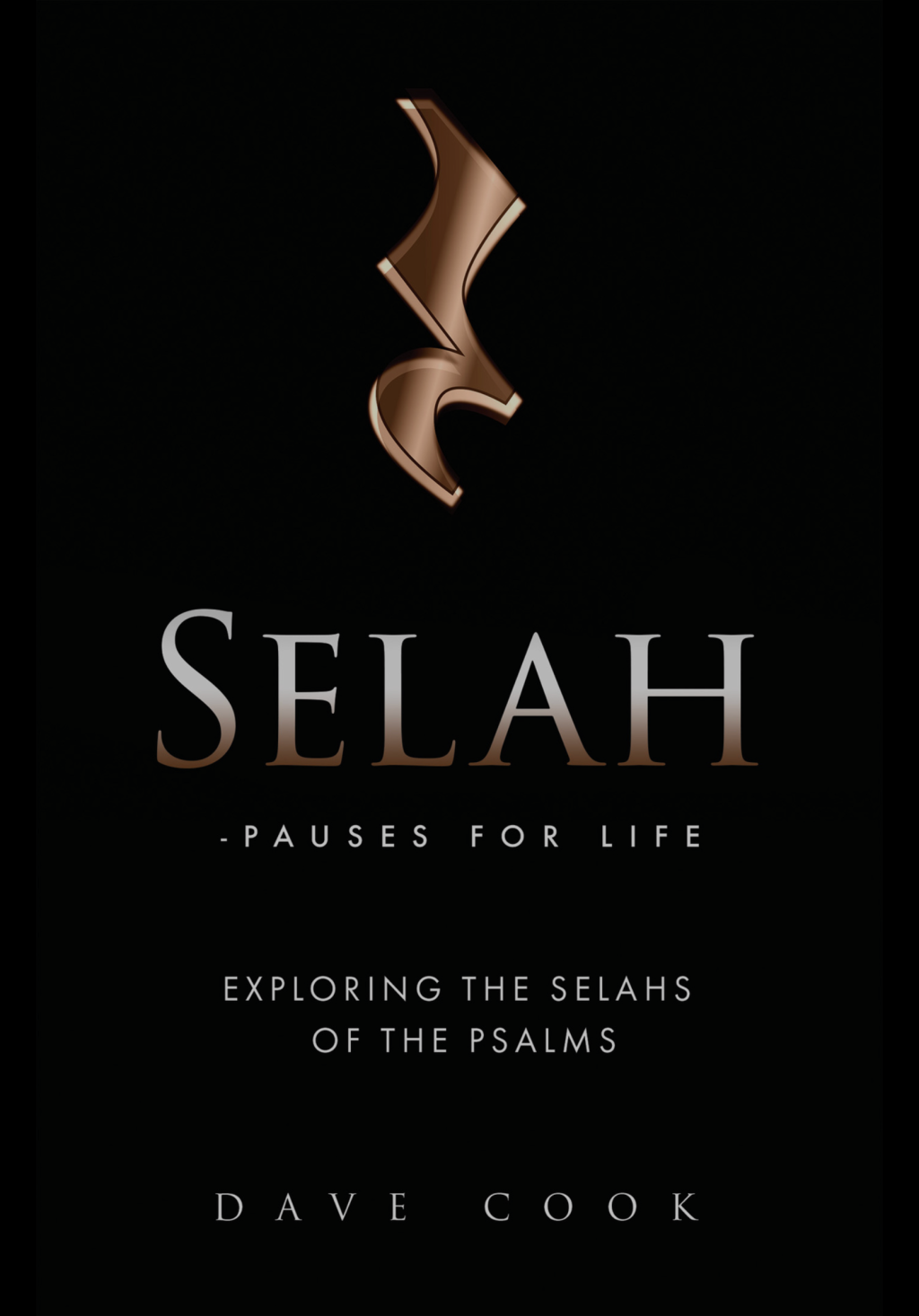Tale of Two Cities begins with this very long sentence:
“It was the best of times, it was the worst of times, it was the age of wisdom, it was the age of foolishness, it was the epoch of belief, it was the epoch of incredulity, it was the season of Light, it was the season of Darkness, it was the spring of hope, it was the winter of despair, we had everything before us, we had nothing before us, we were all going direct to Heaven, we were all going direct the other way—in short, the period was so far like the present period, that some of its noisiest authorities insisted on its being received, for good or for evil, in the superlative degree of comparison only.” (Dickens, Charles. A Tale of Two Cities (p. 5). CDED. Kindle Edition.)
In this period of increasing use of potent superlatives it is a kind of perverse comfort that we are not the first to live through a period like we are living through now. Indeed, since Dickens penned these words (1859), our nation and our world has been through the “best and worst” many times over in many different ways.
We are living in one of those “best of times worst of times” periods again. As the war in Ukraine gets worse, cancel culture rages, gender dysphoria myths proliferate, tribalism increases, and inflation deflates our money, our everyday lives have also become increasingly comfortable because of amazing technological advances.
As Christians, how do we “shine” during this dark period? Psalm 37 is a wisdom psalm written by David in his old age to impart wisdom to his son, Solomon (v. 25). The Reese Chronological Bible places it’s writing at a time just before David’s death (1 Kings 2: 1-9). It is an acrostic made up of couplets starting with each one of the Hebrew letters.
In this time “when the wrong seems oft so strong” Psalm 37 seems exceptionally relevant. The first couplet (vs. 1,2) goes like this:
Fret not thyself because of evildoers,
neither be thou envious against the workers of iniquity.
For they shall soon be cut down like the grass,
and wither as the green herb.
This first couplet tells us to “Fret not” because of evildoers. What does it mean to “fret?” First, according to Strong’s Concordance, the Hebrew word used here means “to grow warm, or to “blaze up with anger.” As I look at the arrogance of those who are trying to replace the truth with their own narratives in our national conversation, anger is an emotion I wrestle with. I get really upset when someone lies to me – not just because it is a lie, but also because it tells me they think I am stupid enough to believe it.
Not only are there people lying to advance their power, they are also making every effort to hide the truth. The latest attempt is the “Disinformation Governance Board” that DHS Secretary Mayorkas revealed in a House Judiciary Board meeting. There is, no doubt, penty of misinformation out there but lies die quickly on their own in the free marketplace of ideas. A “Governance Board” would only protect the lies coming from the government.
“Fret” could also mean to be jealous or envious of the evildoers. What are “evildoers?” They are people who refuse to acknowledge God, His Word, or His ways in their lives (Psalm 10:4). It is interesting how those who care nothing for God and His ways will often prosper in this world while those who fear Him often struggle. We should not be admiring, or holding up for adoration, men and women who become rich through their ungodliness.
The solution to fretting is a change of perspective. Verse two tells us the end of those who do evil – they shall soon be cut down like the grass and wither like the green herb. They may look invincible but will not last long. Their influence will eventually fade away, like grass that has been cut down and withered. The truth, as it is spoken and lived by those who know their God, will eventually win out.
This knowledge should also help us to have compassion on those who are seeking to deceive others because they themselves are deceived. It helps us see them as Jesus saw the multitudes – as sheep with no shepherd, tired, and fainting with spiritual hunger (self-imposed but still real).
In all of our efforts to stand up for what is right, in our speech, our social media posts and in our day to day attitudes, let’s watch our hearts so we “fret not” in these “worst of times.” It is vital that we check our anger, guard our hearts from fretting, and adopt the perspective of Psalm 37:2.




Leave a comment